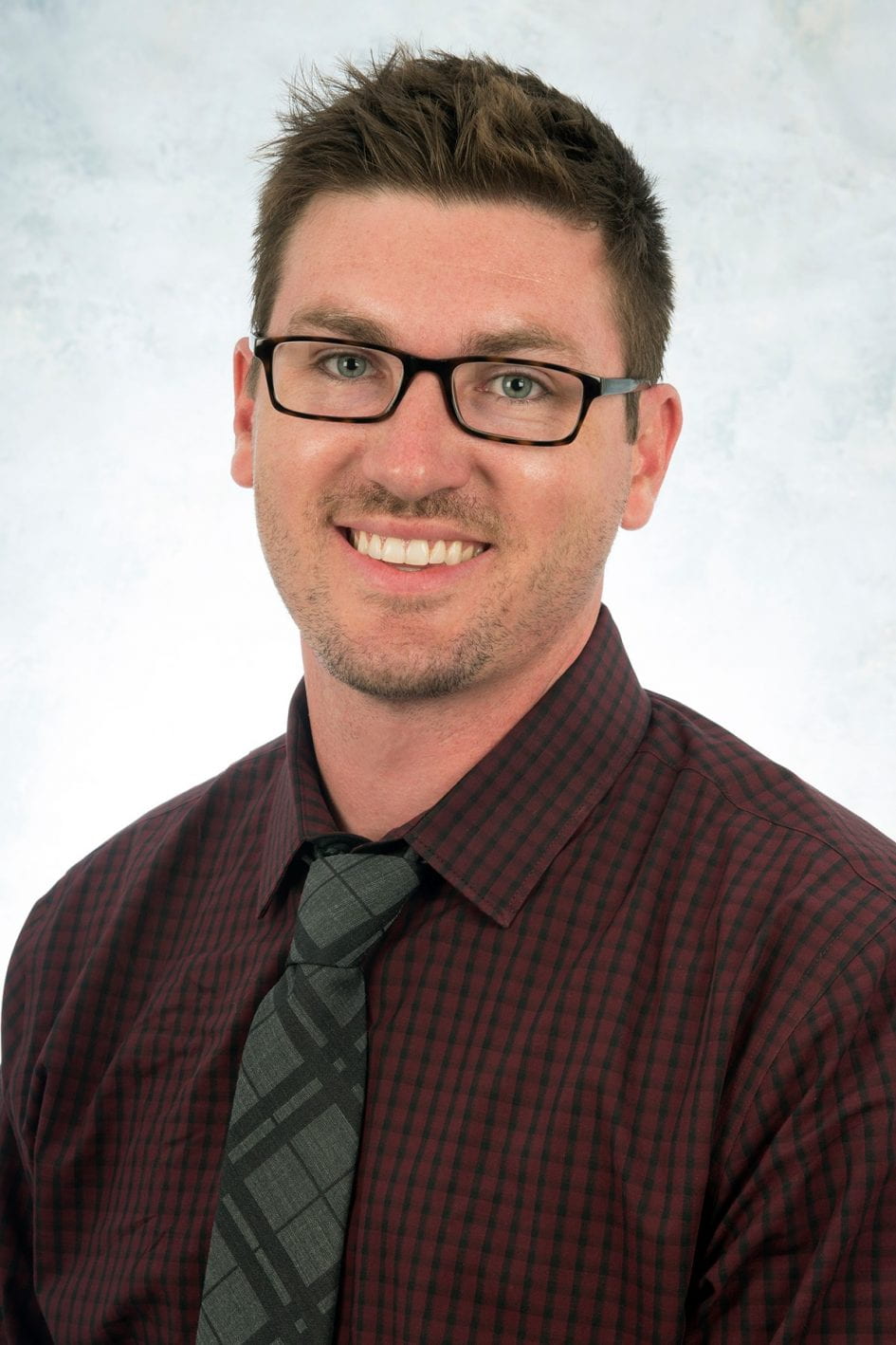Social scientist focuses on aging, family relationships, and health
The COVID-19 pandemic has exaggerated—and brought greater awareness of—the challenges of social isolation for older adults. Jeffrey Stokes is interested in a related, and timeless, challenge: loneliness. For married older adults, loneliness can be a distressing experience, says Stokes, an assistant professor of gerontology at the University of Massachusetts Boston—whether it’s your own loneliness or your partner’s. In his latest research, he is studying how a lonely partner affects the emotional and physical health of both spouses.
Stokes joined the UMass Boston gerontology department in 2018 with a research focus on aging, families, and health. He earned a doctorate in sociology from Boston College and previously served as an assistant professor of sociology at Illinois State University.
A two-year grant from the National Institute on Aging is funding his loneliness study, which draws on data from 10 years of the nationally representative Health and Retirement Study (HRS) of adults ages 50 and over. His work is unique in looking at how loneliness affects married partners over time.
“My hope is that this will help us understand how loneliness gets ‘under the skin’ to impair the health of older adults in the context of marriage. Having a spouse who is lonely appears to be a stressor that shows up in blood-based biomarkers,” from the HRS data, Stokes says. The first published study from this project found links between the loneliness of both partners and increased levels of HbA1c, a blood sugar marker that at higher levels can indicate potential diabetes and cardiovascular disease. A new study that is currently in progress expands this to other biomarkers measuring inflammation and immune system function.
“So it’s not just your own emotional well-being that might be linked to your physical health, your partner’s emotional well-being matters as well. Most likely it’s because loneliness affects the way that person relates to you, whether it’s the way they interact with you in daily conversations or that they become so withdrawn that you don’t feel like you have the support you used to have.”
Stokes hopes to publish at least two more papers in 2022 to wrap up the loneliness study. His other research interests include looking at how intergenerational, marital, and social relationships affect adults’ well-being in later life. This includes analyzing the effects of our “outermost ring” of relationships—the people we interact with in a shop, on a bus, or walking down the street.
“You may not know their names, but these people can still treat you well or treat you poorly,” he says. “There are a lot of minor incidents that aren’t looked at as something that would give you a heart attack. But if negative experiences keep happening, it wears down your self-esteem, your psychological and mental health, and that gives you less of a reserve when you’re faced with more serious stressors or other exposures to illness.”
That’s a common thread in Stokes’ work: Studying how little things add up over time. “I think of these sorts of incidents as grains of sand,” he says, “each one on its own is quite small, but pile them together and you see how our everyday social processes can add up to big effects. Increasingly I’m really interested in these little things that add up to more major disparities in health.”
In the UMass Boston gerontology doctoral program, Stokes teaches statistics and a research practicum and has recruited a number of his doctoral students to work on his loneliness research. Two of the students—Adrita Barooah and Anyah Prasad—have been funded for this work through his loneliness grants. He appreciates his transition from a sociology department, where his colleagues researched any number of topics and issues by applying the same lens to each. “I really like being part of a gerontology department, because you have people who are all interested in similar topics and questions but we take different approaches to them,” he says. In a gerontology department, “it’s easier and more natural to collaborate with others, and to have students who are interested in working with you, because you all share that common interest in promoting healthy and successful aging.”


January 26, 2022 at 11:50 am
Outstanding information!
January 26, 2022 at 2:46 pm
Thank you, Rose!
February 11, 2022 at 4:46 am
Very Inspiring research. This reminds me of a wise saying in the Bible Song of Solomon 2:15….the little foxes destroy the vineyard….’. Great work.
February 15, 2022 at 3:25 pm
Thanks for writing, Dorcas.